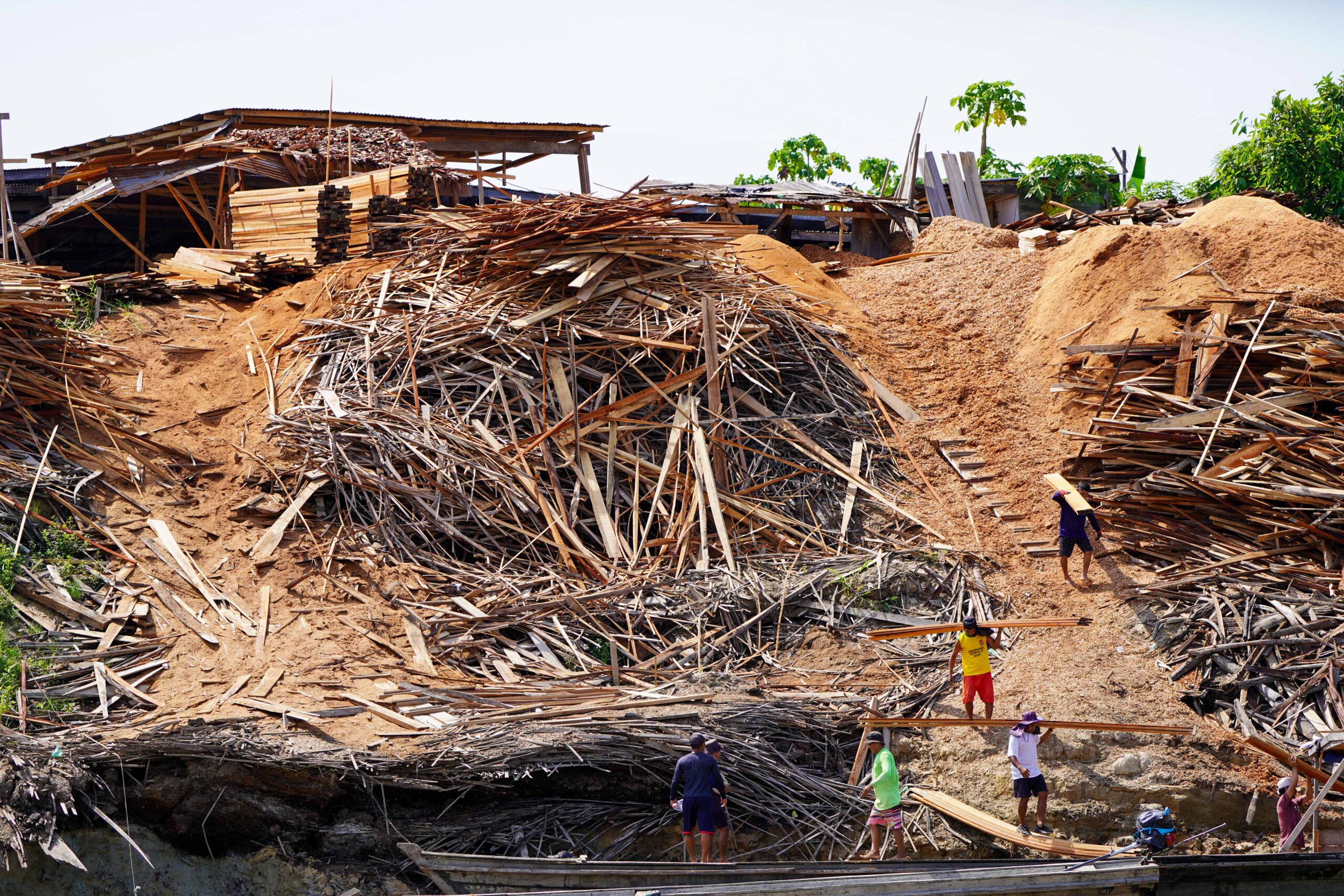
International Forest Crime
Illegal logging and trade in tropical timber is one of the world’s most lucrative criminal industries. The perpetrators – typically large, trans-national criminal networks – are involved in crimes such as corruption, money laundering and tax evasion, as well as violations of the rights of indigenous and local communities. They undermine governance, rights, and entire economies.
Fighting forest crime is primarily the responsibility of forest country governments, and we support their efforts directly through bilateral partnerships. However, it should also be addressed by the markets where timber and timber products are processed and sold. Increased collaboration among enforcement agencies of producer and consuming countries can enhance national efforts.
Transparency and public access to information about concessions, land ownership and financial flows are vital for bringing these crimes into the public light. Civil society plays an important role in exposing and reporting on corruption and illegalities in the forest sector.
Strategy for our work with forest crime
- Through bilateral partnerships, we support forest countries’ monitoring and law enforcement efforts to address illegal forest destruction.
- Detect and act on international forest crimes in collaboration with the UN Office on Drugs and Crime.
- Promote international collaboration between law enforcement agencies through support to Interpol.
- Support civil society to provide transparency and accountability as well as new technologies to trace legality of forest products.
